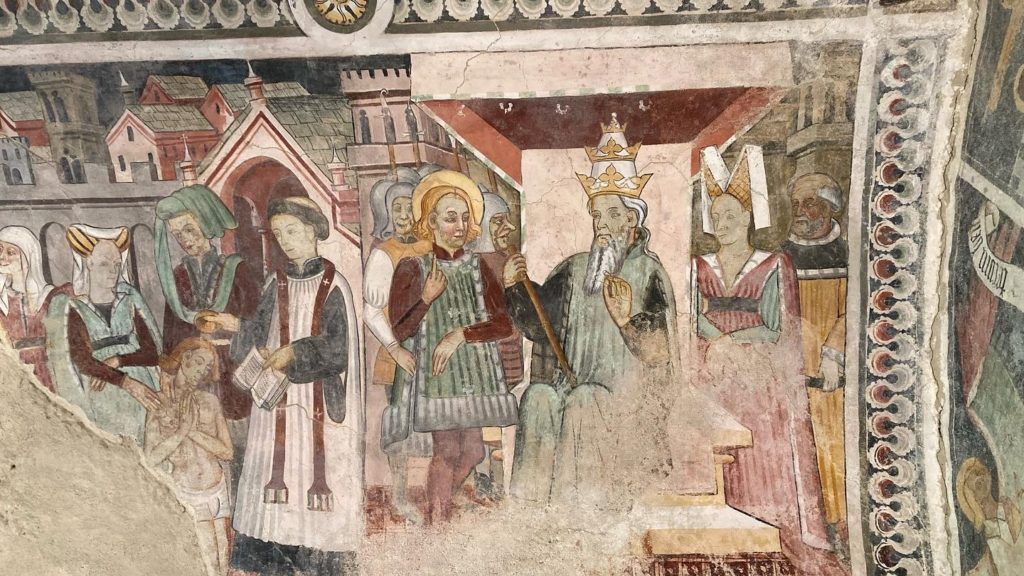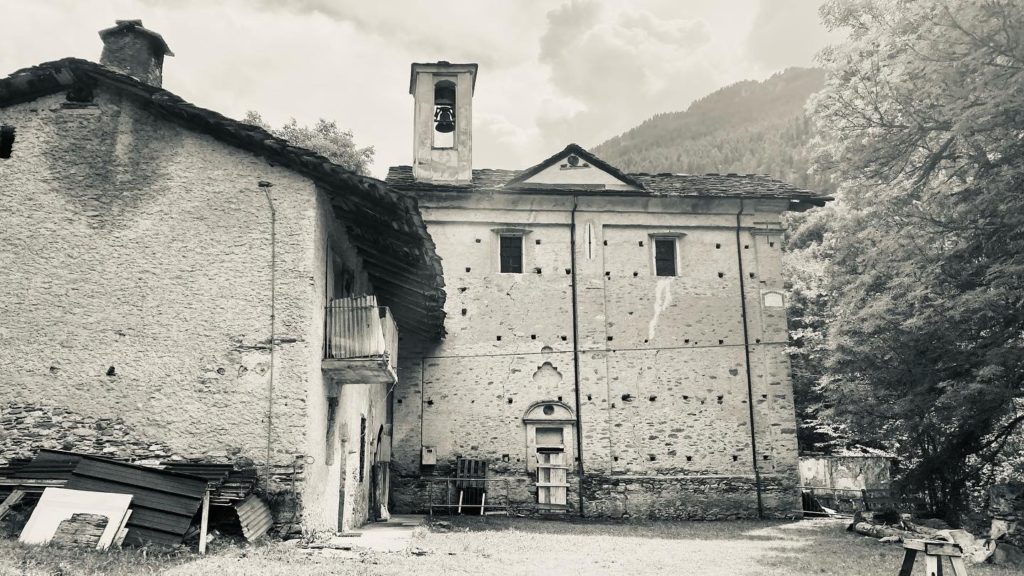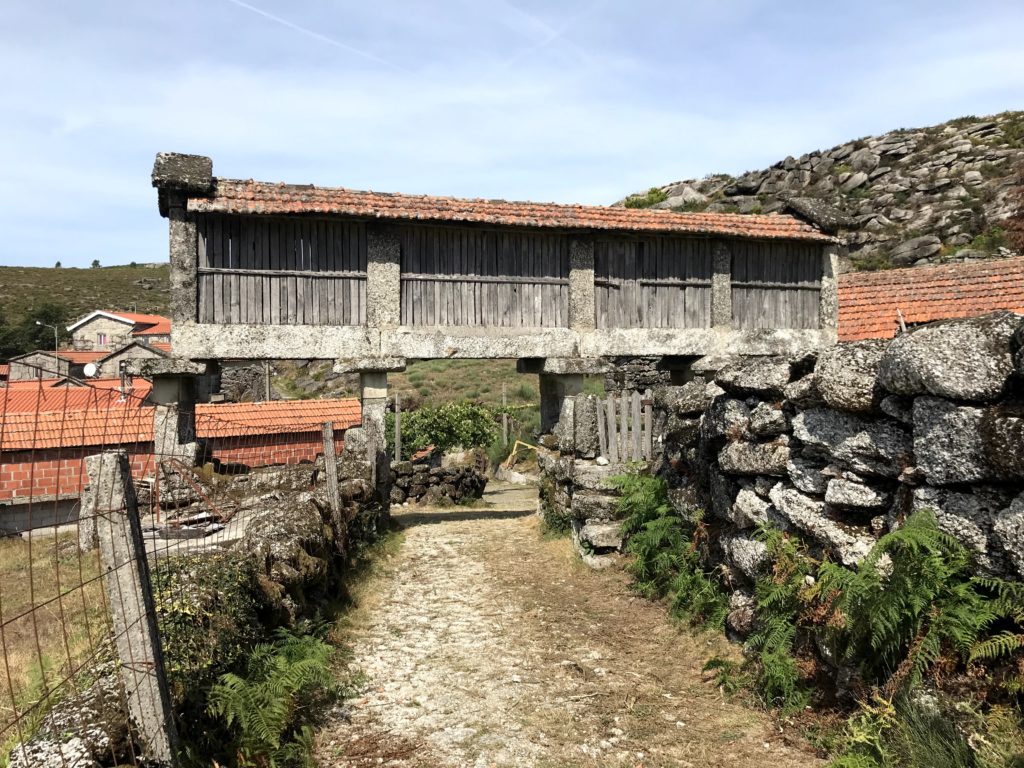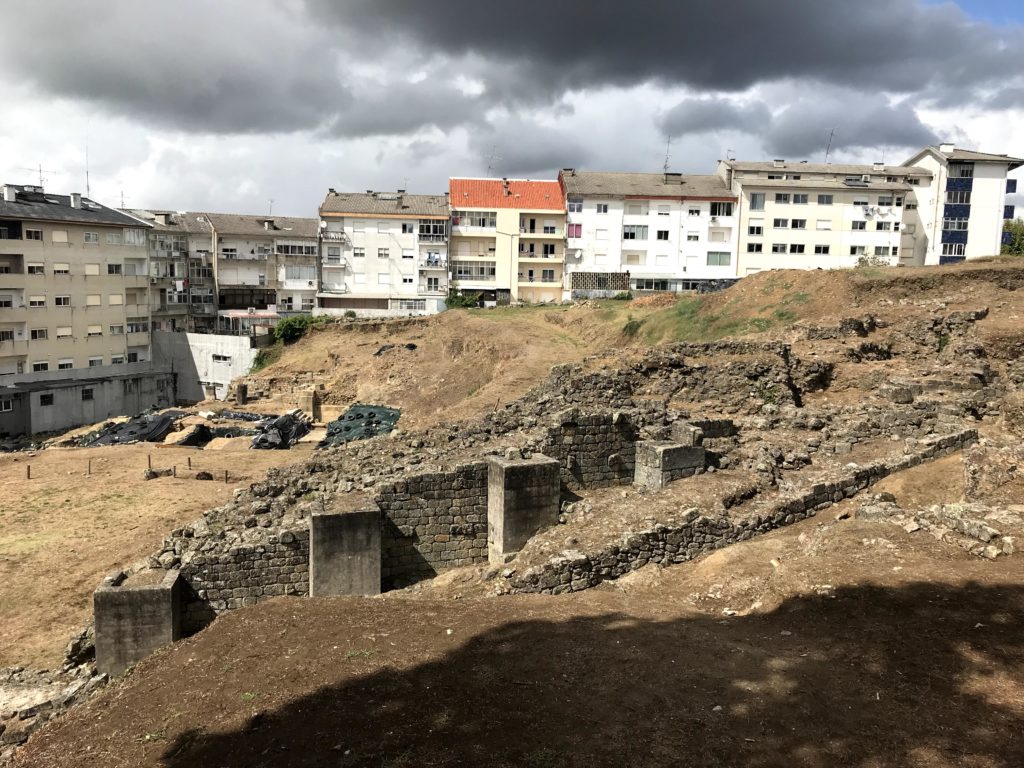Blog from Sara Crofts, Chief Executive of Icon, on the future of heritage.
Shared in the lead-up to The Heritage Alliance’s Heritage Debate 2022: Heritage in 20 years.

Heritage in 20 Years: what will matter most?
It can be quite a challenge to gaze into the future if you work in the cultural heritage sector because the day-to-day job is often focussed on the primary necessity of simply keeping things going. For many of us that means finding funding to pay for ongoing maintenance and essential repairs, or nurturing our team of dedicated volunteers to ensure that we can keep the doors open and the organisational wheels turning. The constant struggle to maintain capacity (funding, people and resources) within the sector and to argue for recognition and support can be all-consuming, so it is too easy to focus inwards and not to find time to scan the horizon or to dream big.
But if cultural heritage is to survive, and indeed to thrive, then must learn to look outwards and to expand our horizons outside of the narrow field of vision common to our sector. Instead of focussing on what matters most for heritage, the question we should really be asking is what matters most to society, and how can heritage help to achieve the change that our society needs. Most of us can readily identify the big issues of our time: social injustice, inequality, climate change, conflict. So how do we use heritage to address these?

One suggestion is to consider how well the activities of our organisations support the 17 Sustainable Development Goals set out by the United Nations (https://sdgs.un.org/goals) and to realign our policies and priorities to deliver outcomes on this basis. There are areas of obvious potential where our sector can contribute – good health and wellbeing; sustainable cities and communities; and quality education – and we already have examples of heritage projects that are making a positive impact in these areas.
So my 20-year vision for cultural heritage is for the sector to be internationally united in our common goal to collectively care for our cultural heritage in a thoughtful and sustainable way. I would like to see heritage professionals genuinely collaborating, sharing their knowledge and talents to achieve the best possible outcomes for heritage and, more importantly, for people. This means breaking down the boundaries between our many organisations and nurturing a trusting and supportive heritage ecosystem that makes the best use of the limited resources available. And why does this matter? In the words of William Morris: We are only trustees for those that come after us. It’s time to embrace change and focus on the future.



– Sara Crofts, Chief Executive of Icon (the Institute of Conservation)
All images in this article are from Sara Crofts

